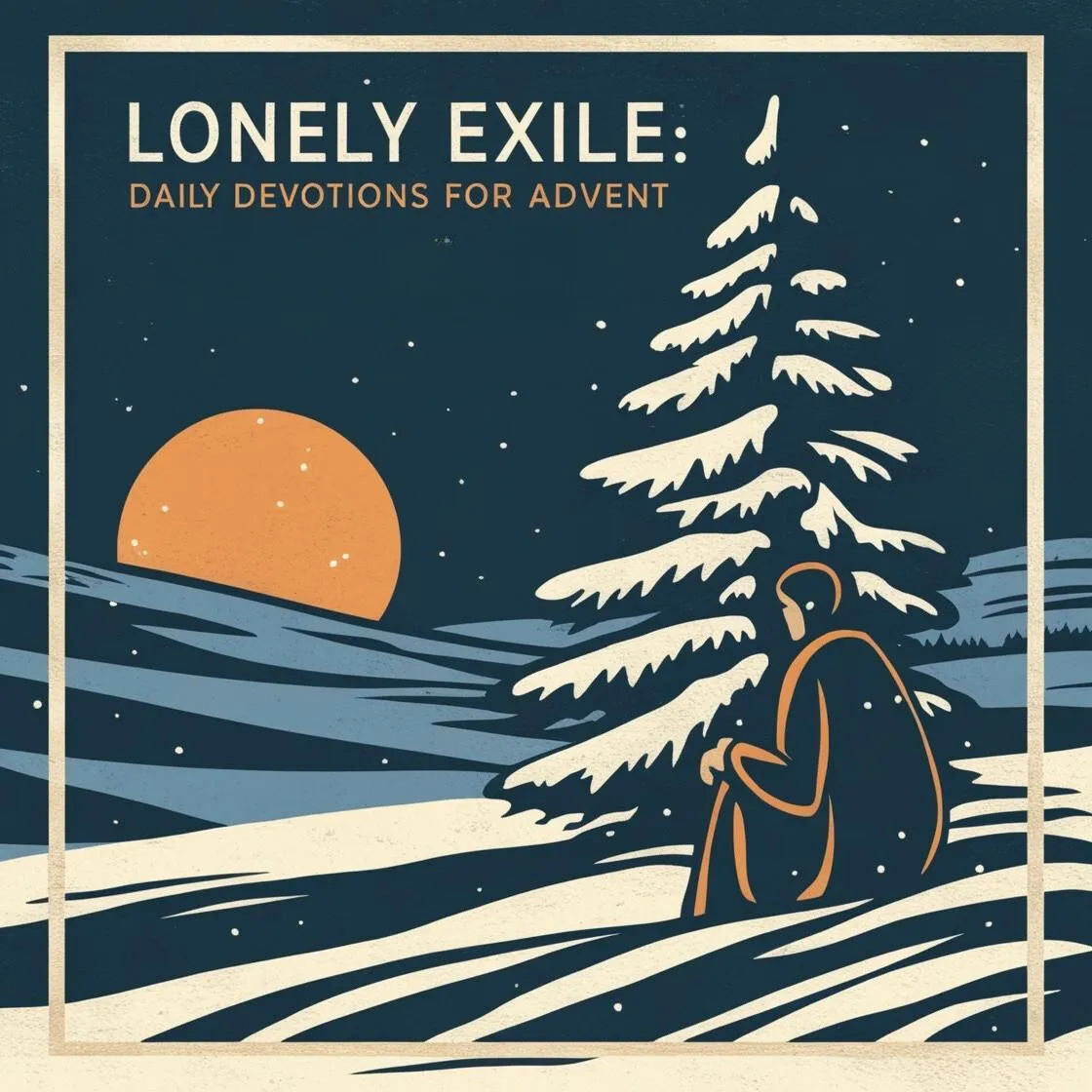Lonely Exile: A Daily Advent Devotional
Part Nine: Magi from the East
“All the darkness in the world cannot extinguish the light of a single candle.”
- St. Francis of Assisi
Read: Matthew 2:1-12
Most of our Christmas story nostalgia comes from Luke, not Matthew. Luke has the annunciation to Mary, the journey from Nazareth to Bethlehem, and the angels’ appearance to the shepherds, along with their adoration of the Christ-child that followed. When we see a Christmas pageant, for example, it is usually based on Luke’s story with the addition of Matthew’s best known contribution, the Visit of the Magi.
These mysterious figures have often been called “kings,” but that designation is nowhere to be found in Matthew’s story. They are also often portrayed on camels and as being three in number. Those elements, too, are absent from Matthew. From where, then, did these details come? Matthew seems to have drawn inspiration for this episode from the words of Isaiah. Notice how many details that we commonly associate with Matthew’s account that come from Isaiah 60.
Arise, shine, for your light has come,
and the glory of the Lord has risen upon you.
For darkness shall cover the earth
and thick darkness the peoples,
but the Lord will arise upon you,
and his glory will appear over you.
Nations shall come to your light
and kings to the brightness of your dawn. (vs.1-3)A multitude of camels shall cover you,
the young camels of Midian and Ephah;
all those from Sheba shall come.
They shall bring gold and frankincense
and shall proclaim the praise of the Lord. (vs.6)
We import elements of Isaiah 60 into Matthew’s episode, and I think he might have even wanted us to do just that. The context of Isaiah 60 is key to Matthew’s goal in hinting at this text. Isaiah chapters 56-66 are referred to by scholars as “Third Isaiah,” because the material in this section is likely from the hand of a different author, living a bit later than both First (chapters 1-39) and Second Isaiah (chapters 40-55). This author is writing after the return from Exile, and knew firsthand the disappointment the returning Exiles experienced when their arrival back in the land did not live up to their hopeful expectations.
In the face of an underwhelming reality, according to the vision of this prophet, God would one day restore their fortunes and Jerusalem would become a beacon to the world of God’s goodness and light. It makes sense, doesn’t it, for Matthew to be drawn to a passage like this as he seeks to share who Jesus is for him? For Matthew, Jesus is the light and glory of God returning to Israel, for the benefit of the whole world. Of course, later in this same Gospel Jesus would expand this metaphor to include all of his followers.
“You are the light of the world. A city built on a hill cannot be hid. People do not light a lamp and put it under the bushel basket; rather, they put it on the lampstand, and it gives light to all in the house. In the same way, let your light shine before others, so that they may see your good works and give glory to your Father in heaven.” Matthew 5:14-16, NRSVue
In making this connection Matthew is inviting us to see Jesus, and one another, as the light that breaks into the darkness, creating illumination and warmth for those we encounter, without the expectation that they will convert to our religion. Where did I get that last part, you might be wondering? I find it so interesting that the Magi came to visit the Christ-child, offering their treasures to someone of a different religion. Even more interesting, when these travelers from a different land and religion arrive to offer these gifts, Mary (and I assume Joseph since he’s in the next episode) received them and the gifts they offered without demanding that they convert or change. The Visit of the Magi depicts a healthy, interaction between people of different traditions that ended in mutual respect and not proselytization. Who knows? Perhaps the Magi even offered Mary, Joseph, and Jesus a “Happy Holidays” greeting, to which it would seem they took no offense.1
Questions for Reflection:
What does it mean for Jesus and us to be the “Light of the World”?
Have you had an experience of another religion like the one depicted between the Magi and the Holy Family?
What made that experience meaningful?
Yes, I’m just kidding. 😂


